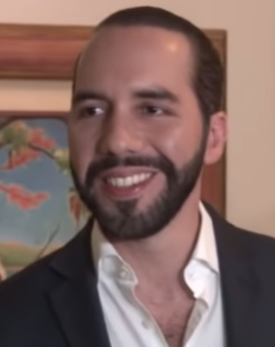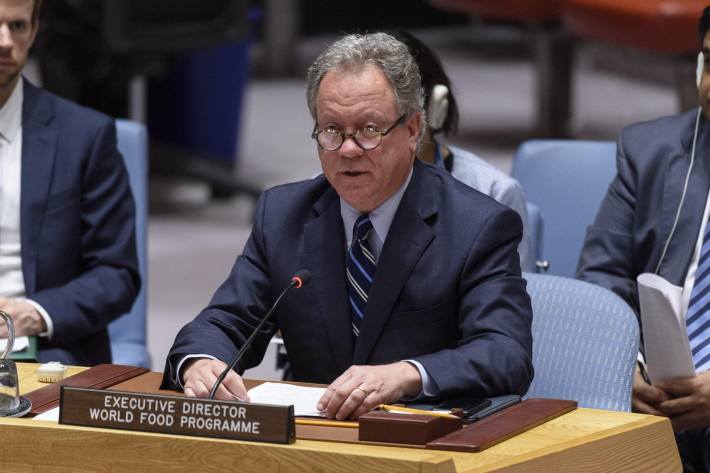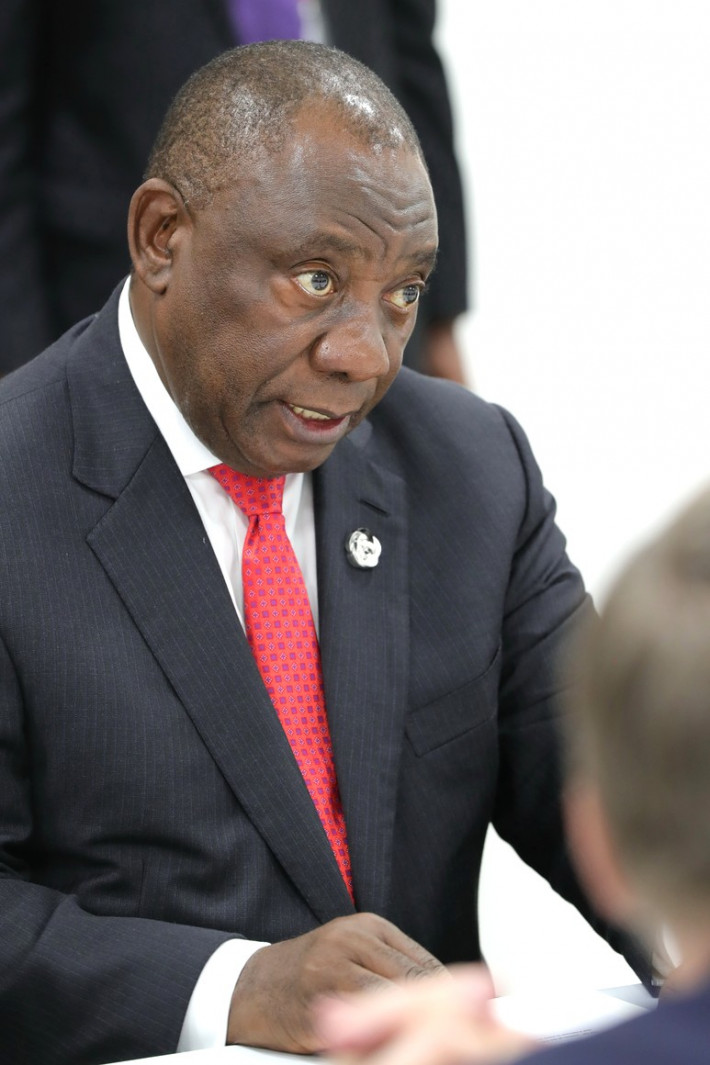El Salvador Asserts Government Responsibility for Clean Water, Decent Hospitals
June 23, 2021 (EIRNS)—Salvadoran President Nayib Bukele sent a draft Water Bill to the National Assembly on June 19, which declares affordable access to clean water to be a human right, which it is the government’s responsibility to secure. Given the fact that the government’s “New Ideas” party has a majority in the Assembly, the bill could pass within 90 days. The bill’s Article I asserts the crucial principle:
“Article 1. The human right to water and sanitation is the right of all people to have sufficient, healthy, safe, acceptable, clean water available to them, accessible in amount, quality, continuity and coverage at an affordable price.
“The State, in all its basic authorities and institutions of Government has the obligation and paramount responsibility to guarantee, without any discrimination whatsoever among persons, the effective enjoyment of the human right to potable water and sanitation for its population, for which purpose it must adopt all policies, legislation and measures which lead to the full realization of this right.”
It is no wonder that most Salvadorans are now more optimistic about their future than they have been for decades. The Bukele government at the same time is celebrating the arrival of enough new, modern hospital beds to replace 50% of the existing beds in the country’s public hospitals. Those new beds are already being distributed around the country. The other 50% of old beds will be replaced in the second phase. Pictures of the existing decrepit beds, many dating back to the 1950’s, are sickening. As President Bukele pointed out: these beds have been used during 10 governments—not counting the coups d’etat.

















